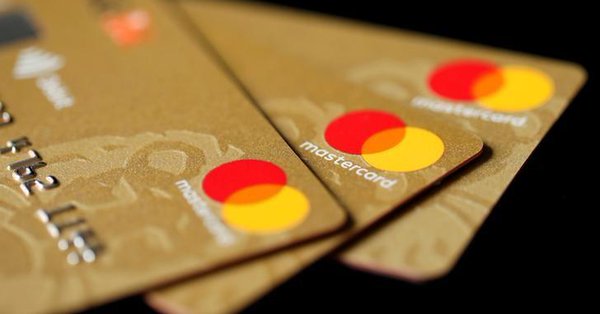Equal treatment of payment schemes in Europe
February 12, 2018 | By Jason LaneThose of you who have followed Mastercard’s blogs over the past years know that we have regularly expressed our opinion on European legislation and the need for equal treatment under any piece of legislation. We’ve done this out of the belief that equal treatment is not only fair for the parties involved and being regulated, it is also the best way to ensure that consumers receive the best products and solutions they are asking for.
Last week, the European Court of Justice clarified that the EU Interchange Fee Regulation and PSD2 apply not only to so-called 4-party schemes like Mastercard and Visa (i.e. the model where the payment scheme links the cardholder, the issuer of the card, the retailer and his acquiring institution), but also to 3-party or proprietary schemes, like Amex (i.e. the model where the payment scheme contracts directly with cardholders and retailers, in addition to processing the transactions), if they act through licensees, agents or co-branding partnerships. This means that both scheme models are subject to the same regulatory framework, including interchange fee caps.
So, why is this news? Fair question as it shouldn’t be. The judgement simply enforces the EU’s existing Regulation and means that retailers will be able to choose who to contract with more freely. There was no particular reason why payment regulations should only apply to one particular model and grant a competitive advantage to another. Both models compete with each other to provide the best payment and shopping solutions to consumers and businesses. For that competition to stay healthy and work for the benefit of Europe’s citizens, the same rules must apply to all.
We recognise that this ruling may have an impact on some existing consumer card propositions, but the judgement is by no means the end of co-branded cards. These are cards that are issued or distributed by typically large retailers and airlines to increase loyalty, reduce the amount of cash in their stores or create brand awareness, etc. We at Mastercard are always looking to partner with the retail community in different ways, including through co-branding and distribution arrangements. Notwithstanding this judgement, Mastercard is partnering with retailers and other consumer facing businesses to build compelling co-brand partnerships. Notably we recently signed a long term deal with Virgin Atlantic to do just this.
Ultimately, this ruling will advance the shared objective among regulators, policy makers, payment schemes, consumers and businesses for greater payment choice and broader acceptance, thereby displacing the most inefficient payment method – cash.